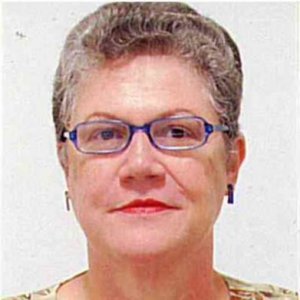Ageing in Jamaica

The growth of the population age sixty and over in the past several decades is faster than any other segment of the population. There are many issues affecting the elderly population including those related to health services and access to health insurance. Hypertension and diabetes are the major causes of poor health in older persons. There’s a need to prevent. Further, more is needed in the area of reduction of all non-communicable disease. Dementia will increasingly be an issue and dementia services are increasingly being needed. An area of increasing need not being met is community based long term care. There are residential facilities but people prefer home so supports are needed, to help families care. Nursing care, home care, rehab services including physiotherapy are also areas of increasing need. Pension coverage is also a big concern. Unfortunately, society has not recognized the importance of preparing for and making preparation for the retirement years. It is argued that we already have compulsory pension contribution in National Insurance Scheme (NIS) so the argument needs to be that we need adequate compulsory pension arrangements during working life. Despite the fact that there are no user fees in health centres, low levels of health insurance is a concern. It is not certain how this can be addressed as insurance companies have concern about higher costs associated with health care needs in the later years. Even the companies that offer have higher premiums or restricted coverage.
Despite the challenges faced by the elderly, there are several provisions to address health service needs including free health care, National Health Fund (NHF) Jamaica Drugs for the Elderly Programme (JADEP) and National Insurance Scheme (NIS) gold. It is important to note that not all older persons need health service so social services like meals, home help and social activities would be a big help. More needs to be done especially by the younger generation which has all the more reason to do more in the area of chronic disease prevention at a personal level to minimize illness in older age. In looking to the future we need more support in the community, services to address various levels of long-term care needs, and a revamping of NIS or insist on persons also contributing to a second pension plan. Last but surely not least, effective public education is needed. We must never forget that despite rising age many older persons can and want to continue working—so flexible retirement is optimal as families, communities and churches depend heavily on their contributions.

Dr. Denise Eldemire-Shearer
